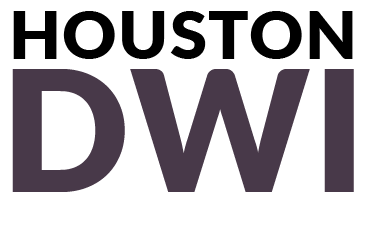One of the major headlines of the first months of 2021: The freak winter weather conditions that have, in a rare event, covered the majority of the United States. This weather meant that states that might receive snow maybe once every 10 years ended up experiencing a full-scale snowstorm twice in one month.
The state of Texas is one of those states that experienced harsh winter conditions, and its infrastructure was not prepared. The result of this sudden freeze was the malfunction and breakdown of its energy grid, which left millions without basic power, heating and water – and caused subsequent property damage and food insecurity. Even worse were the reports of nearly 60 fatalities due to hypothermia-related deaths, as well as carbon monoxide poisoning, medical equipment failure and other deep-freeze related causes.
At the height of the crisis nearly 4.5 million Texans were left without power, as about half of the state’s total power generation was offline. So who’s to blame? Who should pay and how will they do it?
Texas lawmakers believe that ERCOT (Electric Reliability Council of Texas) should foot the blame, but policy watchers say that it was actually those Texas lawmakers who should bear responsibility. Policy watchers say that Texas legislators didn’t learn their lessons from the previous winter storms, and didn’t make an effort to make the necessary changes during the time they had to spare before the 2021 winter storms. These lawmakers, it is argued, prioritized the free market instead.
All in all, a definitive answer to the blame game hasn’t been agreed upon yet – but in the meantime, citizens and lawmakers are scrambling to offset the costs of their damages.
Insurance companies will play a large role in the conclusion of these cases, as they will be making the major payouts to settle cases. Companies with standard property policies and commercial property policies will likely be the first insurers to pay out. These companies insure against damage to the insured’s property, and in the case of businesses, they will sometimes make up for lost wages and revenue as well.
More importantly, some insurance policies will cover losses caused by the actions of the government, but the applicability of these policies vary from state to state. In terms of second and third parties, they’ll likely rely on a CGL (Commercial General Liability) policy, which insures against the risks associated with owning a business, as a Las Vegas 18-wheeler accident lawyer from a law office like Houston DWI Law Blog can explain. For example, if a powerline set up by your company falls and burns someone’s property, your CGL will cover those damages. Given the nature of the crisis, this will likely be the type of policy to watch over the coming months.
